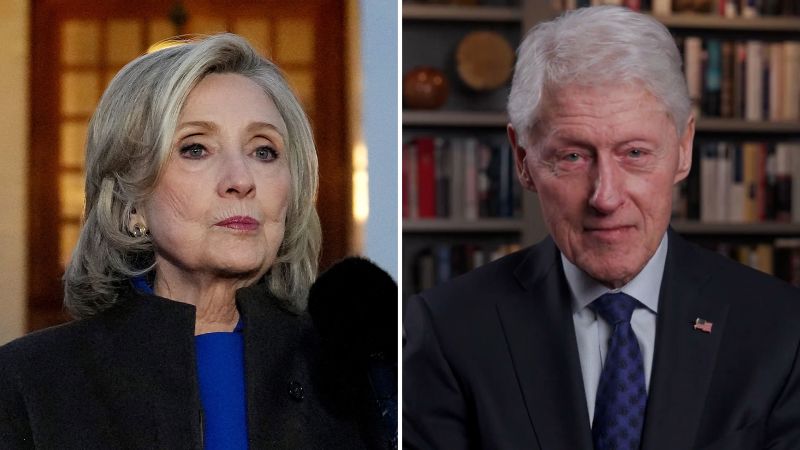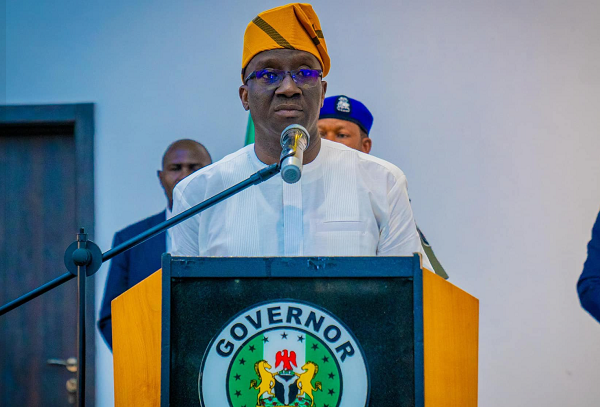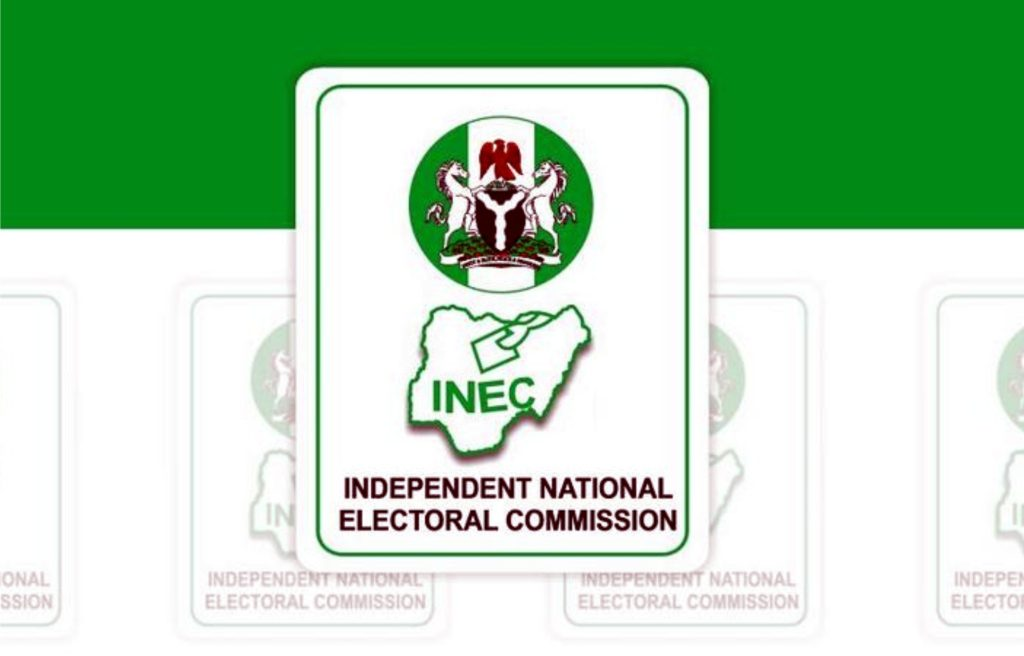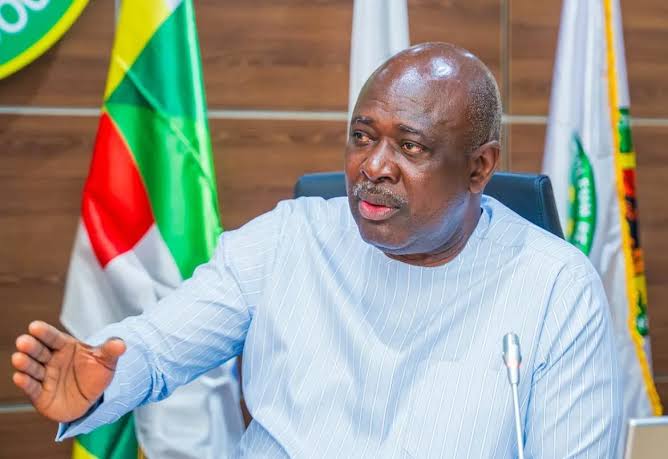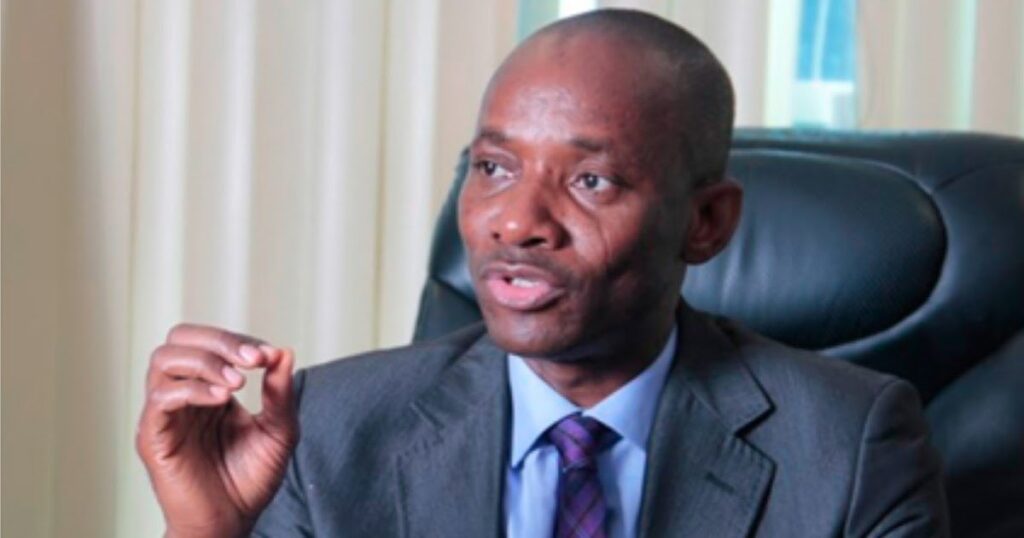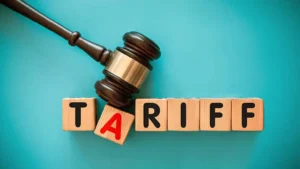Governor Babagana Umara Zulum of Borno State has strongly opposed the tax reform bills that recently passed the second reading in the Senate, warning that their implementation could significantly hinder the progress of Northern Nigeria. The bills, transmitted by President Bola Ahmed Tinubu to the National Assembly in September, have sparked widespread criticism from Northern governors, traditional rulers, and the Northern Elders Forum, who argue that the reforms do not align with the region’s economic realities.
Zulum emphasized that the proposed tax reforms could worsen hunger, poverty, and insecurity in the north, raising concerns about the fast-tracked progression of the bills through the National Assembly. Zulum pointed out the contrast between the swift handling of these tax bills and the long delays experienced by other crucial legislation, such as the Petroleum Industry Bill, which took nearly two decades to pass.
“We condemn these bills. They will drag the north backward, and not only the north but also states in the southwest like Oyo, Osun, Ekiti, and Ondo,” Zulum stated in an interview with BBC Hausa. He called for the withdrawal of the bills, urging that they be reconsidered with more caution and in the best interest of the nation.
Zulum also warned that the tax reforms could create unsustainable economic conditions in the northern states, particularly regarding the payment of public service salaries. He cautioned that if the bills were passed, the region might struggle to pay salaries, and any payments made could be unsustainable in the following year.
The governor clarified that his opposition to the bills was not aimed at undermining the government or President Tinubu but was a call for a reconsideration of the legislation in the interest of the northern region. Zulum reiterated that the proposed tax reforms could disproportionately harm the north’s economic well-being and called on the president to address the concerns of northern Nigeria.
The governor also expressed concerns about possible undue influence on lawmakers, citing rumors of lobbying and kickbacks but emphasized that the focus should remain on policies that support the nation’s long-term progress.


